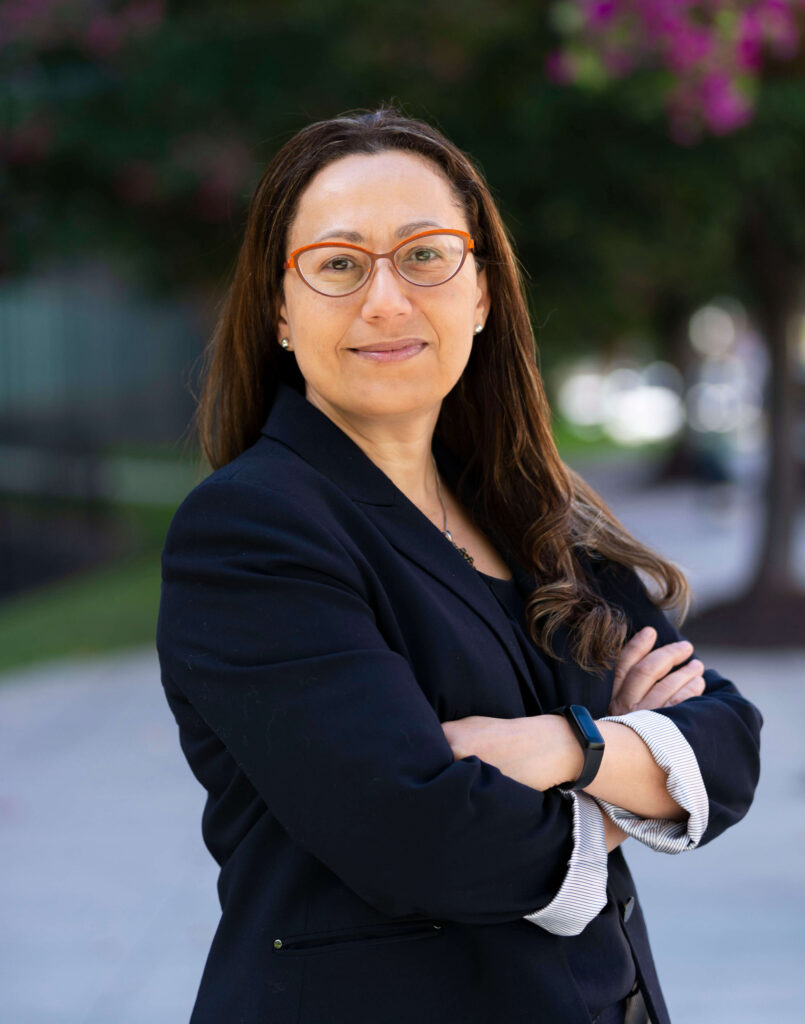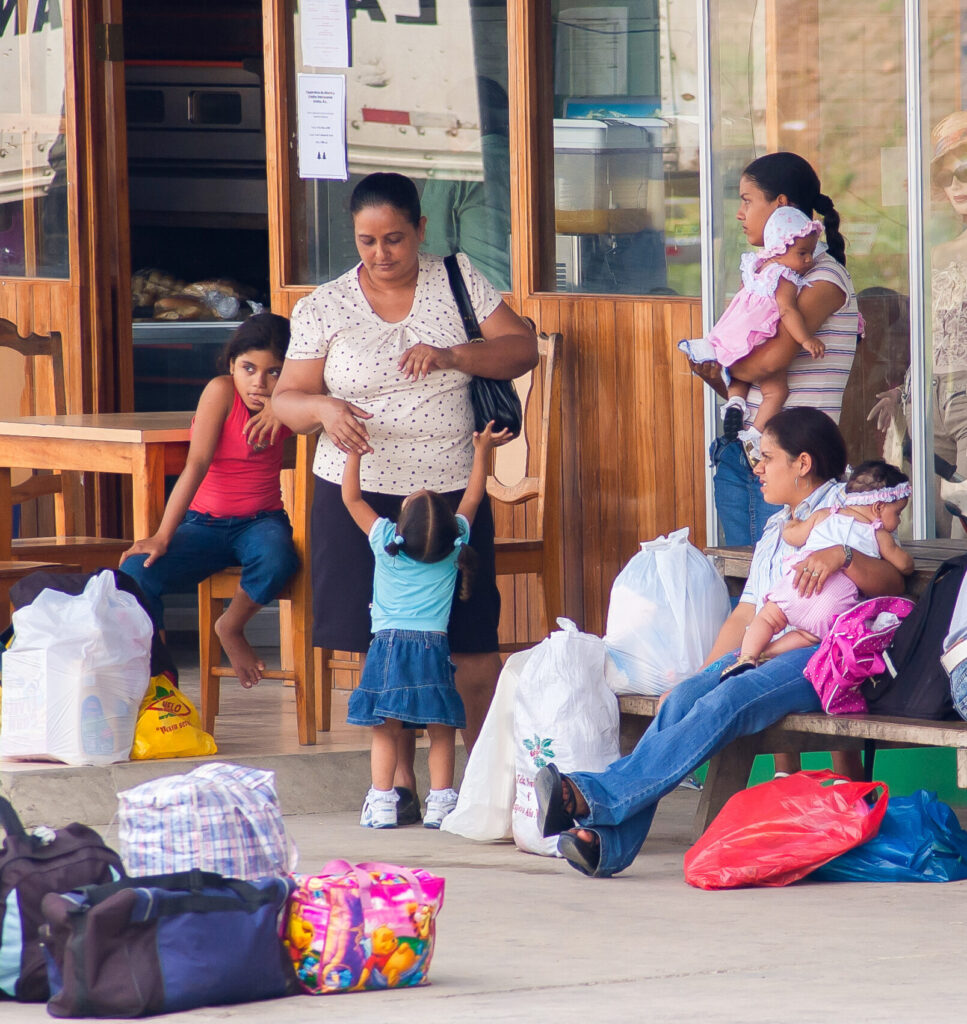
Over the years, there have been many efforts across a wide set of stakeholders in the inclusive finance field to support FSPs to prioritize disaster preparedness and response, including The SEEP Network’s Disaster Risk Reduction training, UNCDF’s publication on surviving disasters, and World Vision’s guidance.
But the impact of the COVID-19 pandemic is likely to require much more than any well laid out business continuity plan. Its systemic nature means that tools that extend beyond any individual FSP are needed for recovery.
The impact of the COVID-19 pandemic is likely to require much more than business continuity plans.
This post focuses on the role of FSPs as a key stakeholder in the response process, with the caveat that it will take action from others – governments, donors, investors, and the nonprofit sector – to deal with the ricochet of impacts that the pandemic is creating.
Start with Ensuring Safety and Security of FSP Staff
Safety videos on airlines tell us to prioritize our own oxygen masks before helping others. It is the same for the FSP response in the pandemic: FSPs must prioritize the safety and security of their staff. The number of CEO letters and statements that have been made on the topic of staff safety and security – by not only the corporate sector but also the inclusive finance industry – is impressive (here’s an example from Equity Bank). In China, microfinance institutions like Grassland have prioritized staff health by providing information on how to protect themselves, enabling home-based work, and giving them tools for how to stay connected to their clients digitally. This McKinsey report offers suggestions for augmenting day-to-day business to add layers of safety, and this Accion Venture Lab open letter to portfolio companies offers some quick actions to take to improve safety for staff. What is unclear is how smaller institutions in other countries — MFIs, cooperatives, postal networks or other providers — are doing to protect their staff.
Advocate for Direct Assistance to Communities Served
In my earlier post, I noted that the impacts on households and firms will be extensive and that the systemic nature of the pandemic means that these impacts are long term. This means that there is no reasonable response to the pandemic that does not involved direct support to individuals. Not only have there been well-documented direct assistance measures taken in the U.S. and Canada, but also in developing economies, in the form of food assistance in Egypt, and cash assistance and food transfers to the vulnerable in India.
Financial institutions should encourage governments and humanitarian organization to provide this type of direct assistance. This is good for their customers and good for overall economic recovery. In fact, in other crisis situations FSPs that have assisted in direct humanitarian response have seen tangible benefits (see this WBG case study and this VisionFund report) in the forms of increased trust, loyalty and improved reputation. In disaster situations, FSPs have served to quickly identify communities and clients who are in need of relief assistance and assisted with distribution.
Financial institutions should encourage governments and humanitarian organization to provide direct assistance.
However, when FSPs have distributed grants directly, this can lead to some confusion among clients about their debt obligations, and few FSPs are able to manage grant and loan initiatives simultaneously. Typically, some separation between these activities has proven to be more effective.
In the case of the pandemic, when help is coming in the form of cash assistance, infection testing, or health care, there may be more limited roles for FSPs to play, other than facilitating direct cash transfers from governments or humanitarian organizations. As in the case of the Ebola pandemic, the role of digital delivery channels may be more relevant for cash transfers for markets where digital infrastructure is already available. Both GSMA and the Cash Learning Partnership (CaLP) have learned important lessons that can be brought into designing the right responses for this pandemic.
Restore (or Keep Up) Services Essential to Customers’ Coping Strategies and Rebuilding Efforts
Provided FSPs are able to remain open during the pandemic as providers of essential services, it is important that FSPs do not retrench their activities at this critical time. Deposit institutions are of critical importance during pandemics. People will need immediate access to their savings and FSPs must ensure that this critical lifeline is not disrupted. We are seeing some institutions taking incredible measures to keep operations open and safe for their customers. For example, the banking association of Morocco issued new guidelines on the number of customers that can be in a branch at any one time and encourages customers to use digital channels, including ATMs.
Money transfer services are also of critical importance during this time. Time and time again, remittances have been the critical lifeline. While the global nature of this pandemic means that impacts are likely affecting both senders and receivers of money, impacts are nonetheless staggered across regions in a country and between countries. A recent webinar co-hosted by Cenfri and the Digital Frontiers Institute estimates that remittance flows between Europe and Africa may decline between 5 to 25 percent as a result of the pandemic. Keeping this important channel open will be an essential element of the coping strategies for people who are impacted. This means ensuring that agents have the right protective measures to stay healthy themselves and have sufficient liquidity to meet daily needs. It will be interesting to see what providers are doing to maintain their agent networks strong.
Remittance flows between Europe and Africa may decline between 5 to 25 percent.
One of the most sensitive financial products in crisis situations is credit services. Existing credit customers may not be able to repay on time given the pressures on their health, income sources, and overall economic contraction. How should FSP’s address this issue? Good practice from other crisis environments has been consistent and is likely to be applicable during this pandemic. These include:
1. Focus on understanding the impacts on different types of customers.
For example, farmers and market vendors may be impacted differently. Food businesses may be able to operate if they are able to deliver or can remain opened; whereas hair salons are likely to be severely impacted.
2. Tailor the response to the needs of the customers.
Determine which customers are likely able to recover quickly once economic activity resumes and which ones cannot and take the appropriate measures.
- Consider rescheduling for viable businesses. For customers that have the ability to restart their businesses quickly, offer to reschedule their loans.
- Consider new loans for critically important or high-growth businesses. Certain small businesses may be vital and have the capacity to grow during the pandemic. Delivery services, groceries, health care businesses, and those that are selling on e-commerce platforms may be able to grow during this period with increased capital injections. FSPs should consider altering their policies to increase the available resources for these businesses.
- Consider forgiveness for nonviable businesses. If customers are engaged in small businesses that are not viable, consider working with humanitarian assistance organizations to offer grants. Consider forgiveness of these loans without impacting the client’s credit history for future borrowing from the FSP.
3. Be careful with blanket responses for all customers.
Issuing blanket responses – on restructuring or forgiveness for all customers, for example – is typically not best practice. While it may seem to be the most humane response, it may also lead to the wrong consequences down the line. Humanity can be shown in other ways, including facilitating humanitarian assistance, canceling late fees, or not reporting late payments to credit bureaus given the extraordinary nature of this crisis.
Invest in Resiliency
The one silver lining of this pandemic is that there is no FSP today that does not see the importance of preparedness plans and business continuity measures. I anticipate that more FSPs will focus on improving their management information systems, their use of remote-work technologies and their cybersecurity measures to ensure that their systems are secure and accessible for extended periods of time off-site. I also anticipate that there will be more efforts by FSPs, their boards, and their investors to put in place liquidity facilities that could step up during future crises to address liquidity shortages. This has been a typical response in prior crises situations, such as the financial crisis in 2008, but it is not clear how many FSPs will have access to them today.
Remain Optimistic: We Will Recover Stronger
I have been incredibly impressed with the many acts of kindness that people are exhibiting everywhere. From volunteers in New York that are finding and donating medical supplies to hospitals; to people helping deliver food to the elderly; or to the new wave of ‘caremongering’ that is en vogue in Canada.
The donor community is stepping up like I have never seen before.
The donor community is stepping up like I have never seen before. In the US, many foundations are doing their part to support their partners through a recent call to action organized by the Council on Foundations. International development donors and development finance institutions are also reaching out to their partners and looking for ways that they can contribute in this extraordinary time. Omidyar Network, Rockefeller Foundation, Citi Foundation and others have all announced special funding and measures to support the COVID-19 response. This gives me hope that we will get through this and be strengthened by this experience.
Our next blog posts in this series will focus on how donors and investors can best structure their support during this critical time.
In the comments below, let CFI know what your institution is doing, and stay healthy!










